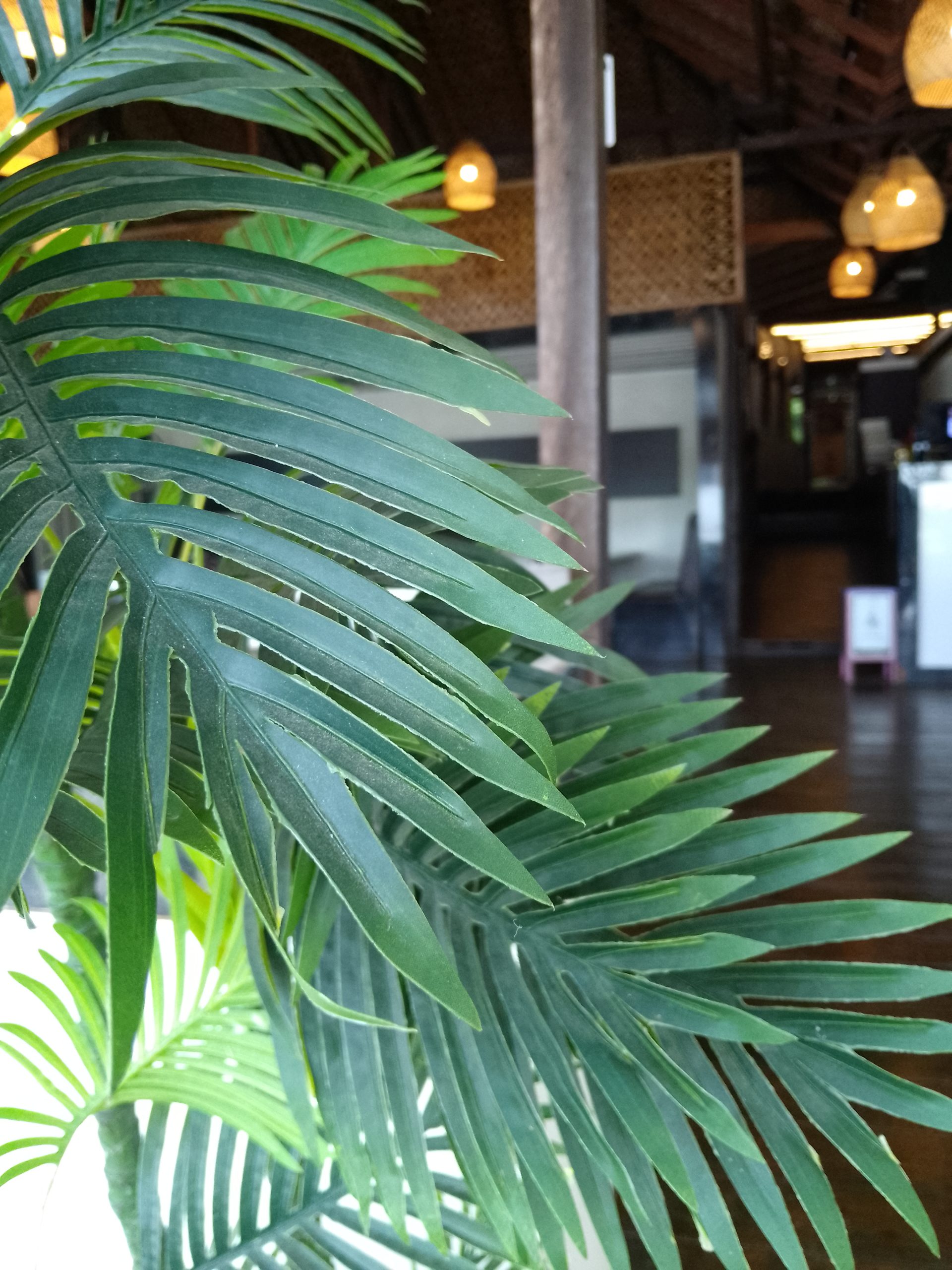Consolidated and compiled By Happy Tarumadevyanto | Independent Consultant | Environmental Asia | happy.devyanto@environmental.asia
LEI (Lembaga Ekolabel Indonesia) faces notable challenges in developing dynamic capabilities, despite involving many experts. These challenges, which manifest in inconsistencies and limited continuous learning, can be attributed to several core factors:
Inconsistent Implementation and Commitment Over Time
One of the main issues is the inconsistent execution of systems and procedures. Even when a system is thoughtfully designed, its field implementation is often uneven due to internal policy shifts, changes in personnel, or external pressures. This lack of consistency weakens system performance and makes it difficult to assess or improve over time, limiting opportunities for learning and adaptation.
Cultural and Organizational Barriers
Although expert involvement brings technical knowledge, the internal organizational culture and individual dedication within LEI are equally important. Without a culture that promotes openness, accountability, and ongoing improvement, expert advice may not be acted upon. Leadership transitions, in particular, can disrupt momentum, shift priorities, and halt ongoing learning processes.
Reliance on External Resources
LEI has historically benefited from both domestic and international support. However, this dependence can become a liability when such support decreases or changes direction. A major challenge lies in transitioning from externally funded programs to sustainable internal operations, without which LEI struggles to adapt independently.
A Rapidly Changing External Landscape
LEI operates within a volatile environment, shaped by evolving political, economic, and social factors. Regulatory changes, competition from alternative certification bodies, and fluctuations in market interest for certified products all pose challenges. To remain effective, LEI must constantly revise its strategies and operations—something that demands strong dynamic capabilities.
Weak Learning and Feedback Systems
Despite access to expert knowledge, LEI appears to lack robust mechanisms to systematically capture, share, and apply lessons learned. Experiences—whether successful or not—are often poorly documented, insufficiently shared internally, or not used to inform future decisions. As a result, the organization risks repeating past mistakes or missing valuable opportunities.
In summary, LEI’s challenges in building dynamic capabilities are less about the absence of expertise and more about structural and cultural obstacles to consistent execution, adaptive learning, independence from external aid, and strategic responsiveness in a fast-changing environment.










